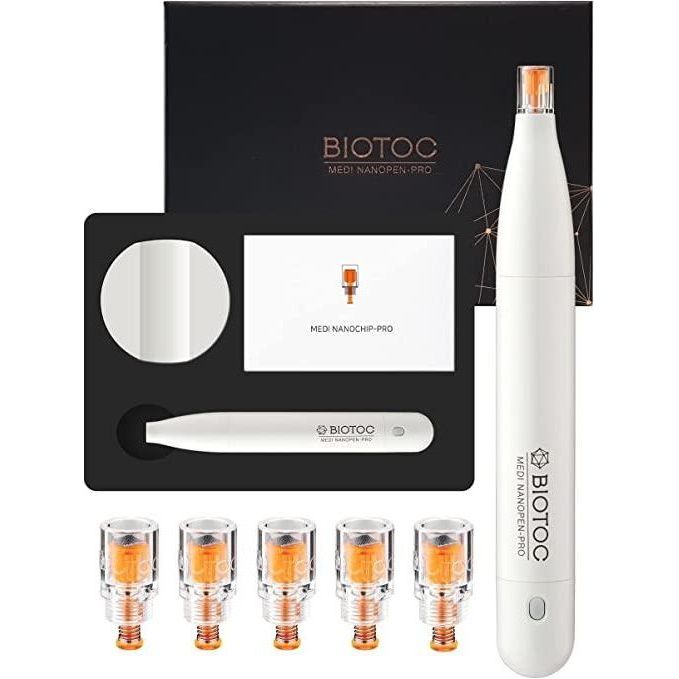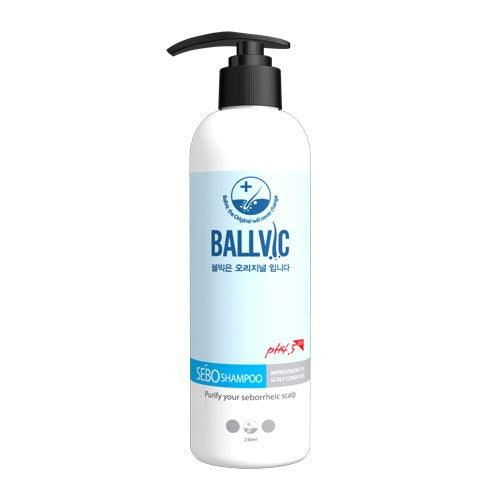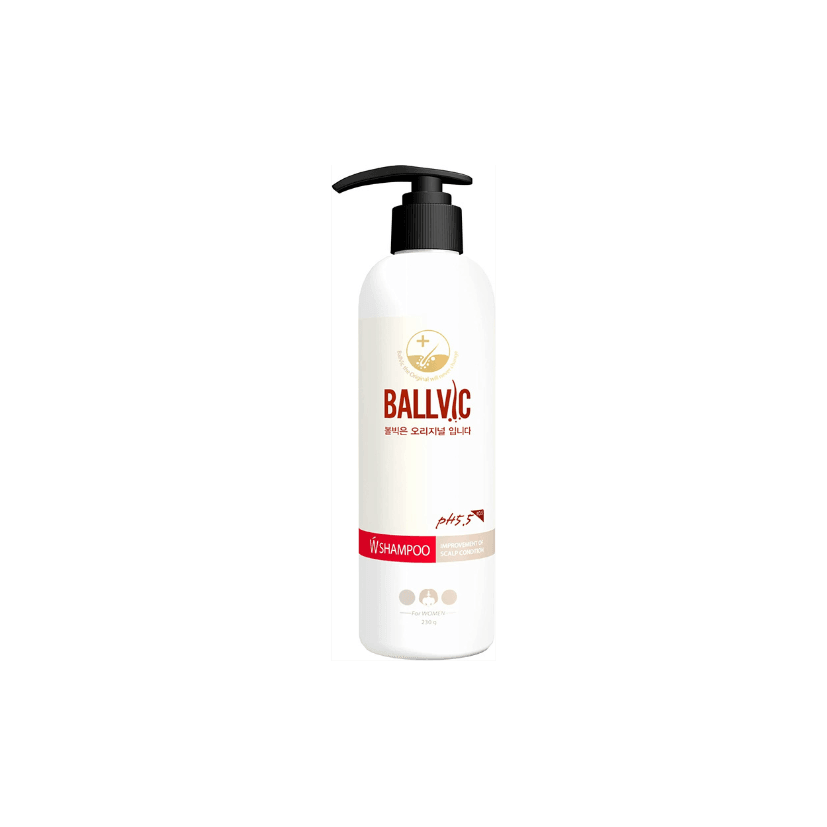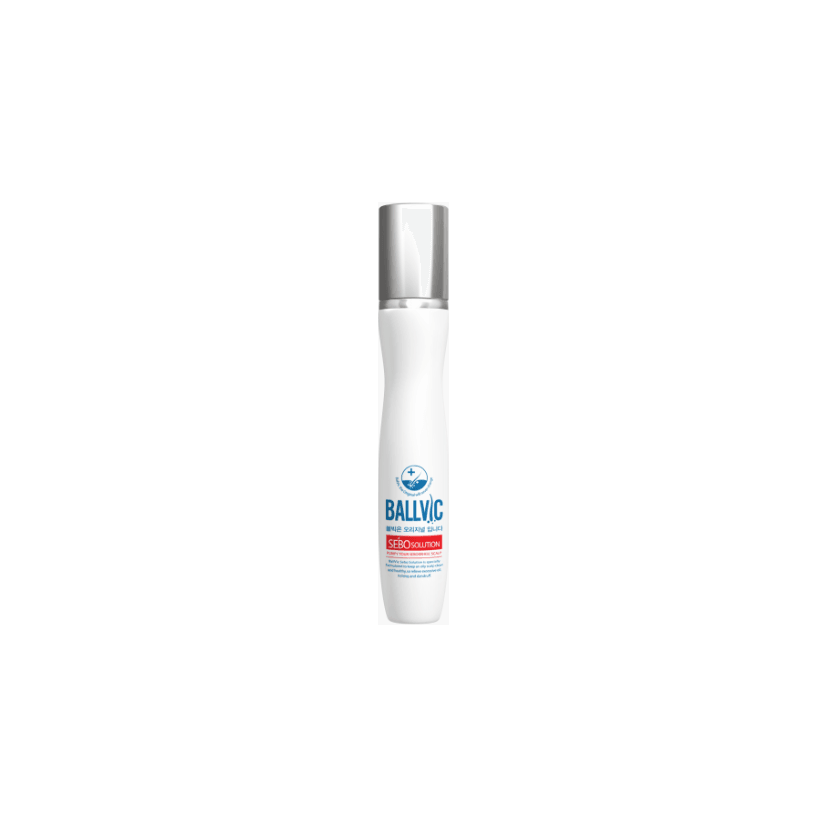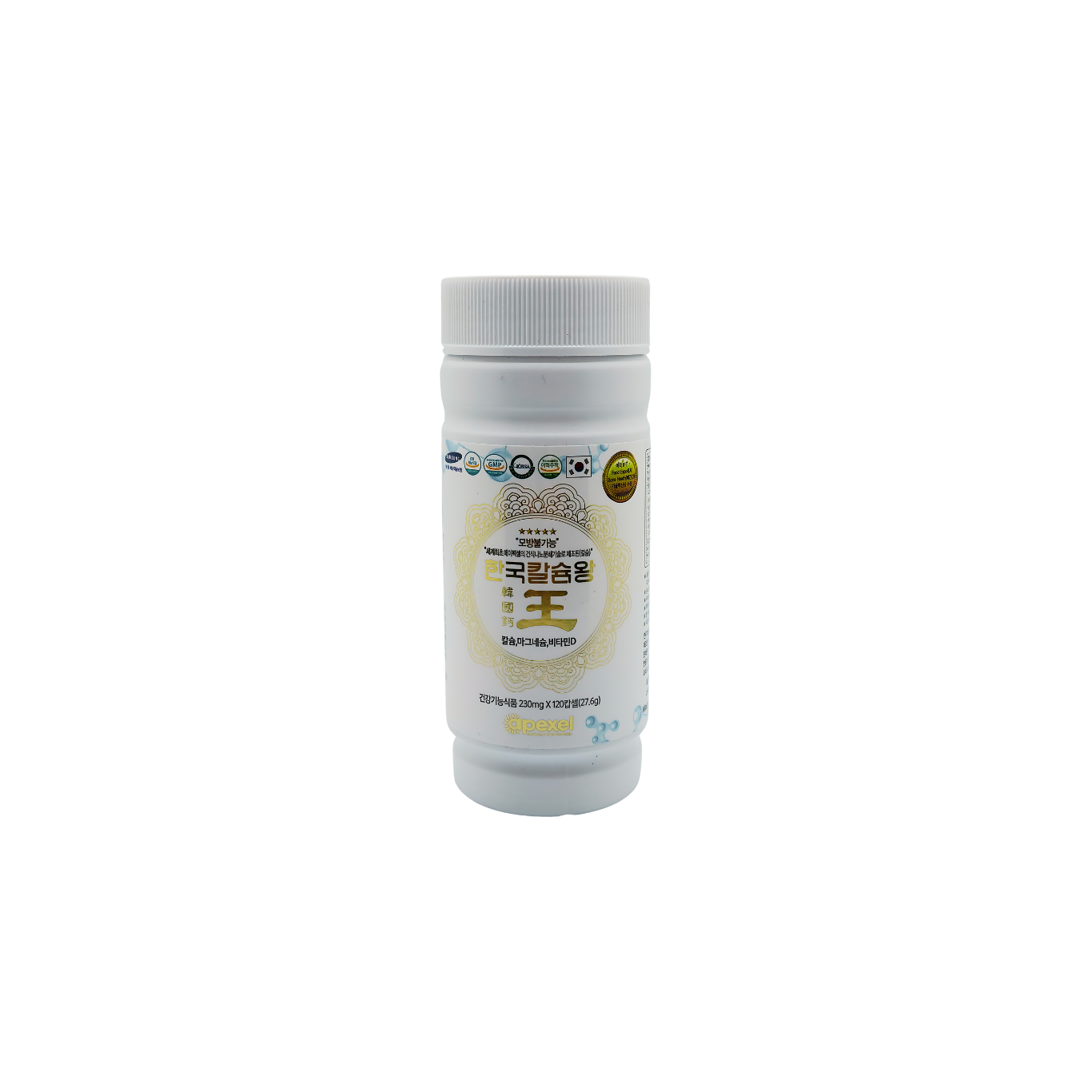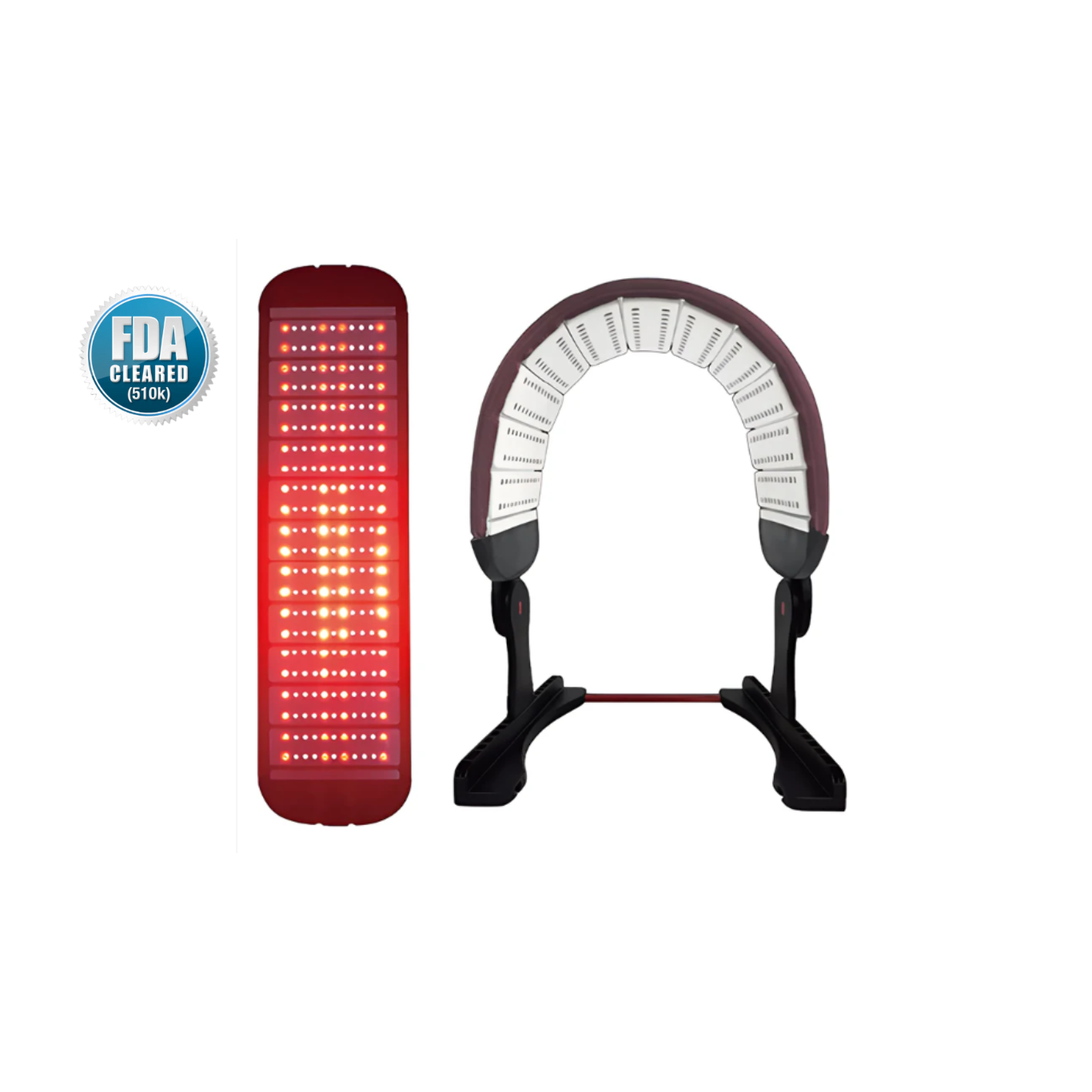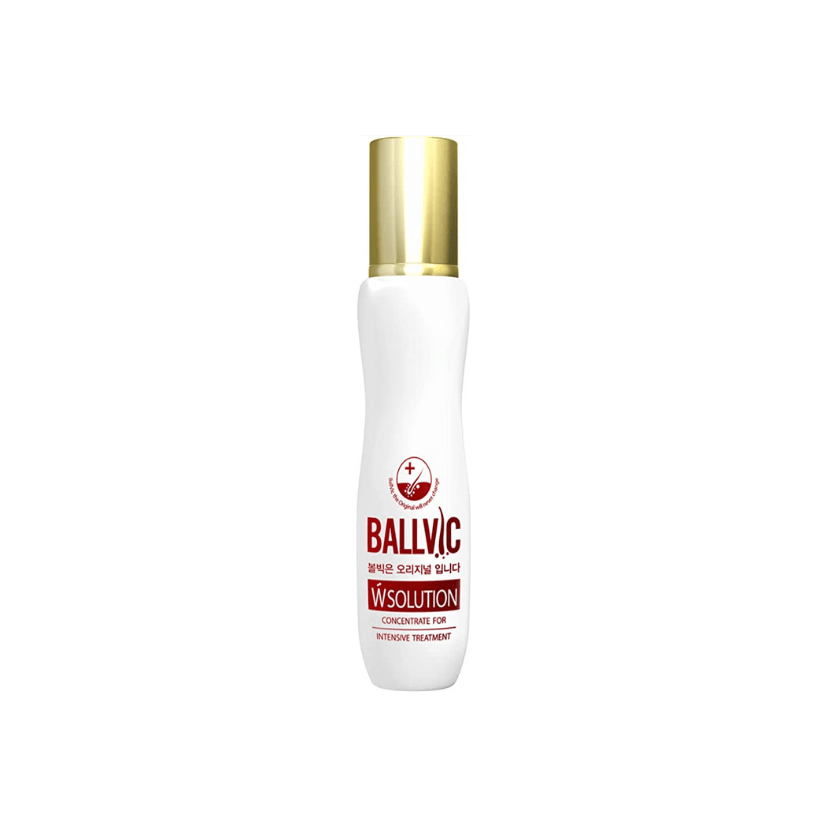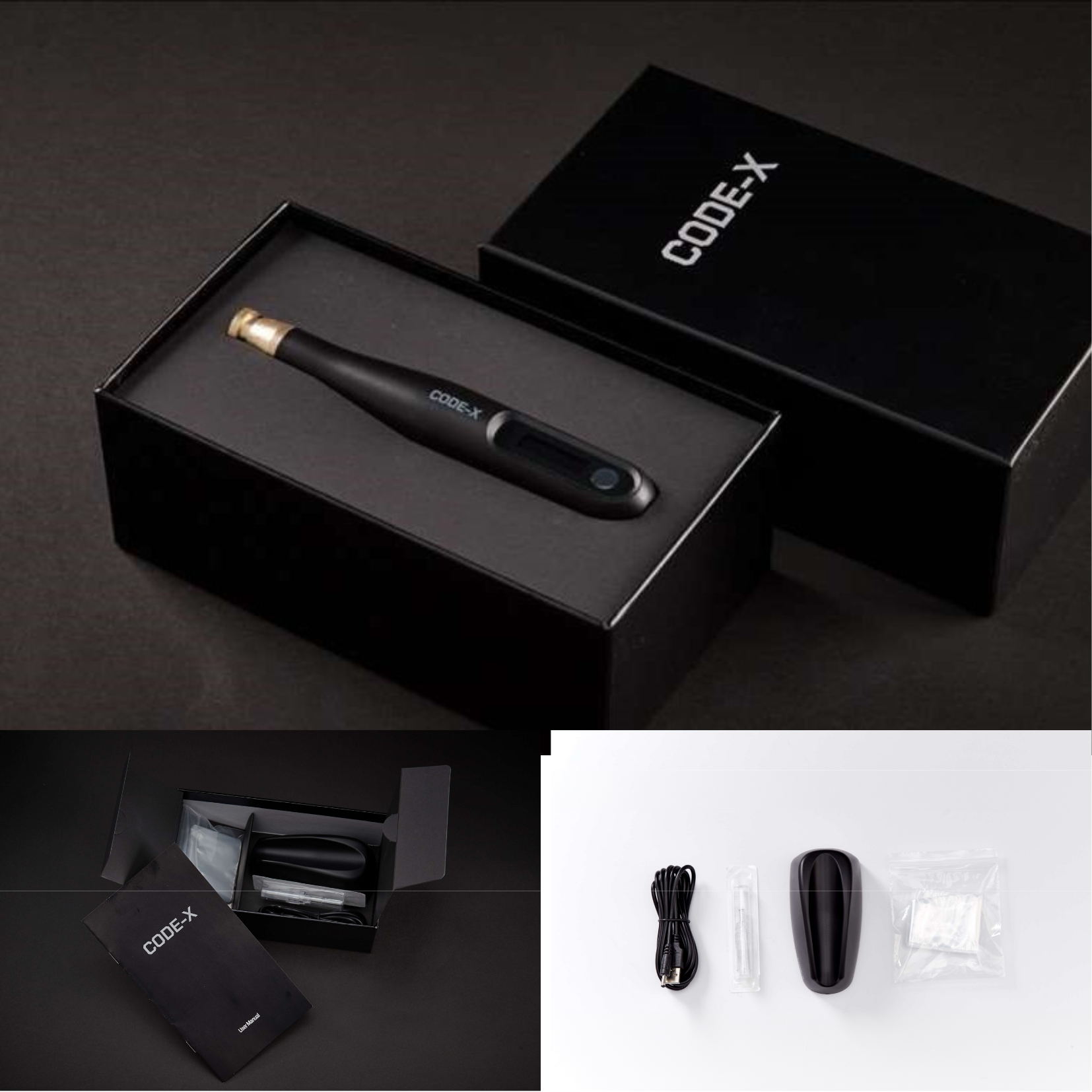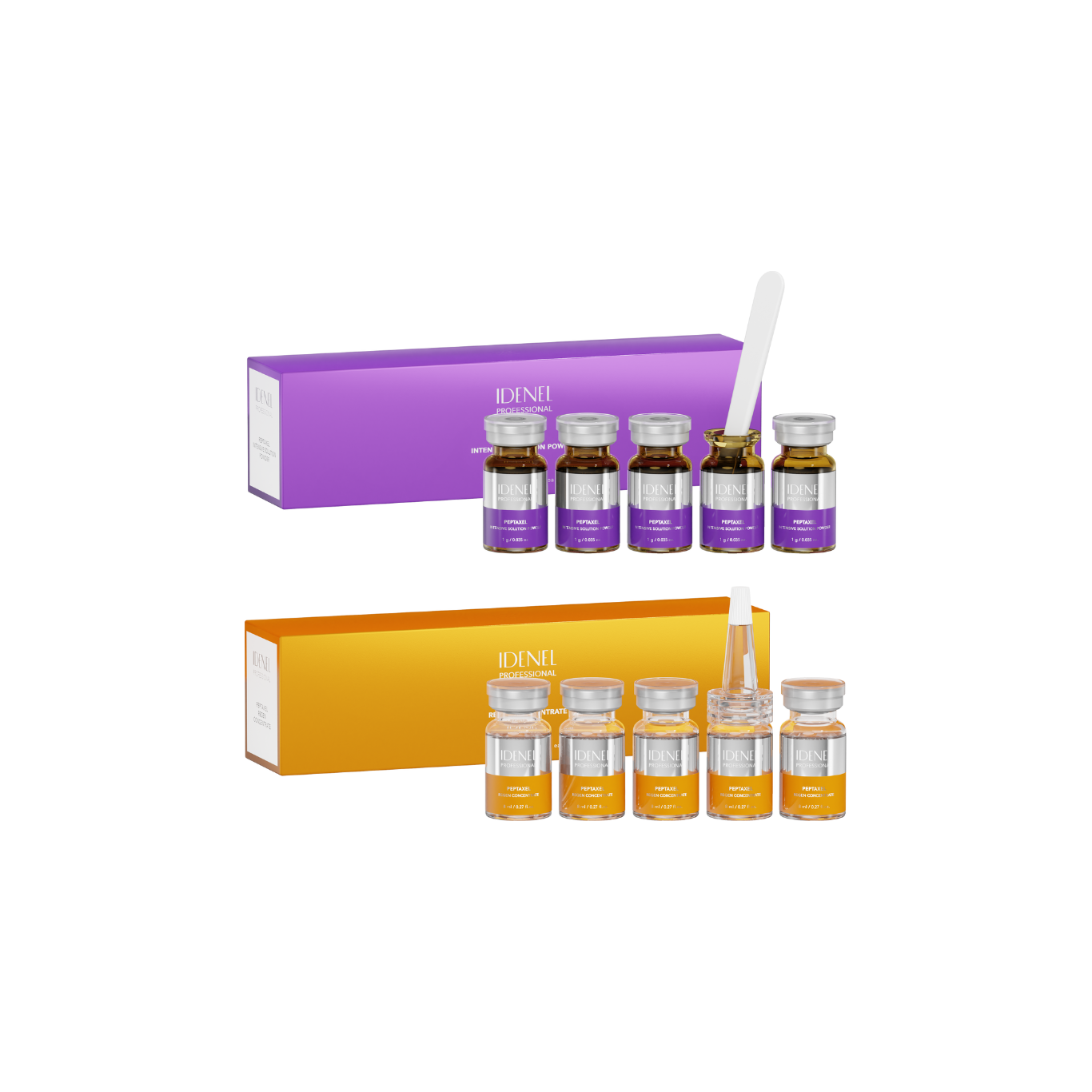 Dr. Joanne Kamens’ interest in science goes back to childhood and her inquisitive nature about how the world worked. From here, Dr. Kamens went on to study biology at the University of Pennsylvania and then earned her Ph.D. in genetics from Harvard University. Through connections she made at graduate school, she secured her first job, but noticed that there were very few women at her company. Wanting to reduce gender disparity in science has been a huge part of Dr. Kamens’ career for the past two decades: she was a co-founder of the Boston chapter for the Association for Women in Science and frequently gives presentations about the importance of mentoring and workplace inclusivity.
Dr. Joanne Kamens’ interest in science goes back to childhood and her inquisitive nature about how the world worked. From here, Dr. Kamens went on to study biology at the University of Pennsylvania and then earned her Ph.D. in genetics from Harvard University. Through connections she made at graduate school, she secured her first job, but noticed that there were very few women at her company. Wanting to reduce gender disparity in science has been a huge part of Dr. Kamens’ career for the past two decades: she was a co-founder of the Boston chapter for the Association for Women in Science and frequently gives presentations about the importance of mentoring and workplace inclusivity.
Her track record speaks to the success she has had in these efforts. During her time as executive director of Addgene, the company was awarded “Boston #1 Best Place to Work” from 2016 to 2019 and was a Top 100 Women-Led Company in Massachusetts in 2019. Dr. Kamens has been the executive director at Addgene since 2011. The company is a nonprofit that helps “make science accessible with physical materials.” It assists scientists around the world with shipping plasmids (a specific gene sequence placed in a small piece of DNA) and is currently shipping 250 packages a day to scientists in 100 different countries. Addgene’s work is important as it helps save scientists time and money and accelerate research. “With something like fighting COVID-19, everyone’s working on diagnostics, Addgene has these materials already and we collected more as the pandemic has progressed. And very, very quickly, scientists are able to access them so they don't have to recreate the same thing in 100 different labs that are studying similar functions,” Dr. Kamens explained.
Dr. Kamens spoke with BIOTOC Connection over Zoom about her career path, the work she has done to improve the industry with women in science, advice on how to find a mentor, and her predictions for the future of her industry.
BIOTOC Connection: You have a Ph.D. in genetics from Harvard— what made you want to pursue a career in genetics and STEM? What influenced your career path?
Joanne Kamens (JK): So, I have been a scientist since I was a little kid— in my social media profile [picture] I’m nine and holding my first microscope. I think sometimes scientists have that inquisitiveness about how the world works, potentially, always questioning, always learning. I think I've always had that. I did a lot of math when I was a kid, so the kind of hard sciences was always of interest to me. I had very good mentors in high school biology. And I went to college, ready to study biology, and pretty much being pre-med because that was kind of the only path I knew about when you were interested in science. But as soon as I got to college, within a few months, I was very clear that I wanted to do a research path. And it was the research that was interesting to me, not so much going into medicine. And I got a lab job. And my first lab job was in a molecular lab, it was actually a development lab, they studied the development of sea urchins and genes in the sea urchin during development. So, it actually was interesting. I definitely really liked hardcore molecular biology.
You mentioned your mentors in high school and from your background I know mentorship is important to you. How do you recommend that someone finds a mentor and how are you creating those opportunities at Addgene?
JK: I got involved in mentoring, really through my work with women in science, through starting to be involved in the Association for Women in Science and the chapter in the Boston area. I'm a scientist so I did research: why is this happening? Why are there no women in my company? I was in pharma at the time and there were really very few women. I did the research and the research showed that [in] diversity and inclusion, one of the big game changers was strong mentoring relationships… the importance of that became clear to me and [I realized] women were missing out on a lot of those impromptu mentoring relationships. So I really made it my business, and I have for almost two decades, creating opportunities for women and underrepresented groups.
You should have many mentors. It's like a posse. It's not like one mentor that can give you all the things you need. It's all the people in your life that provide guidance, ask you questions, make you question your own motivations and desires. Those kinds of mentors you can find along the way...it's part of building relationships. If you're not meeting interesting people, you're not going to turn up and build those relationships that are going to turn into those one-on-one mentoring relationships. There are many places you can look, your alumni network is a good place when you're in a university.
When it comes to organized programs, my go-to model has been a group mentoring model. A group of people, somehow the dynamic, the peer mentoring aspect is also very valuable. You don't need to go to someone way senior to you to be your mentor, it could be the person sitting next to you, who asks good questions, has valuable perspectives and you feel trust enough with that you can get into some deep conversation.
To wrap up, what predictions do you have for the future of your industry?
JK: I think the current climate tells us we have to pay more attention to science. We have to figure out how to make it more accessible to more people. It is my fervent hope that with good leadership in the country, we will reach a place where scientific thinking is more understood and more included in decision making. I hope that we can work together as a community: pharma, biotech, academic, which we are doing now, which is an incredible unifying thing. A lot of the materials in our repository have been made open for everyone who wants them. We need to share, we need to move fast, we need to make progress. And I'd like to see that same sort of open sharing and collaboration happen across science, across all fields.
The conversation has been edited and condensed for clarity.
Visit our pages:
